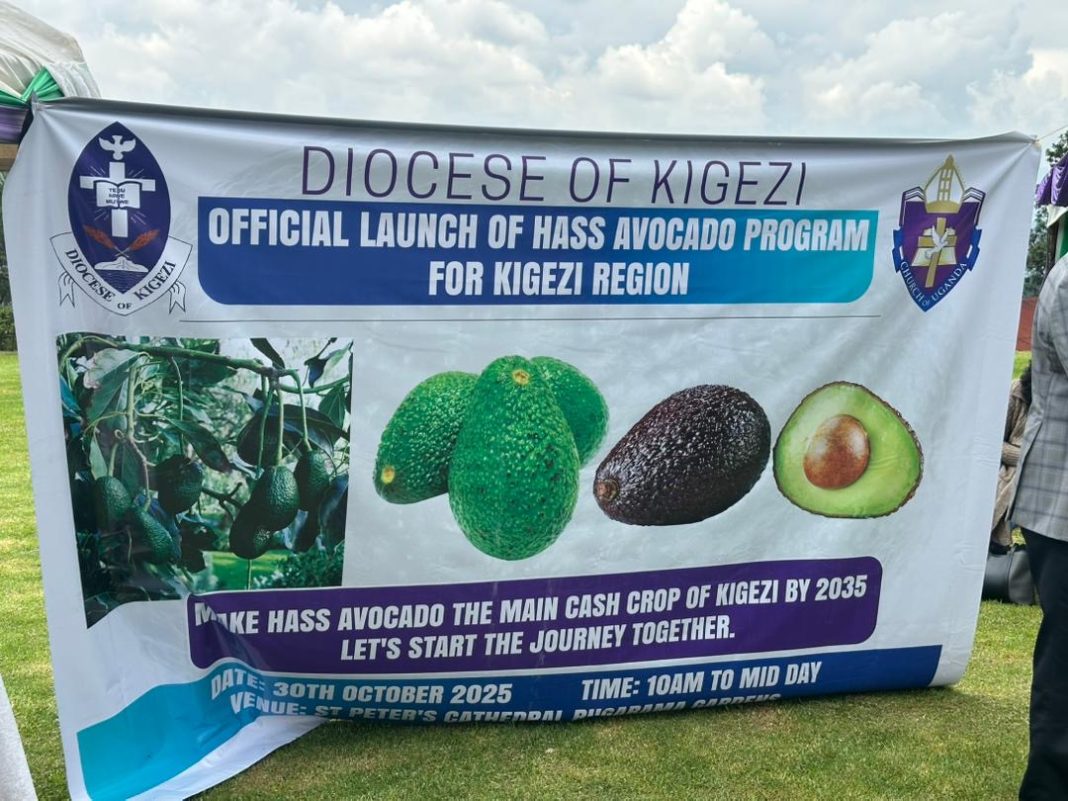By Shivan Ayebare
The Diocese of Kigezi has launched a Hass Avocado Program in partnership with the National Agricultural Research Organization (NARO), targeting to make Hass avocado the main cash crop of the Kigezi region by 2035.
The Diocesan Secretary said the region has long lacked a unifying cash crop, which has slowed household income growth and limited economic potential. The new partnership aims to change this by promoting Hass avocado farming as a sustainable path to income generation and food security, benefiting all residents regardless of faith or background.
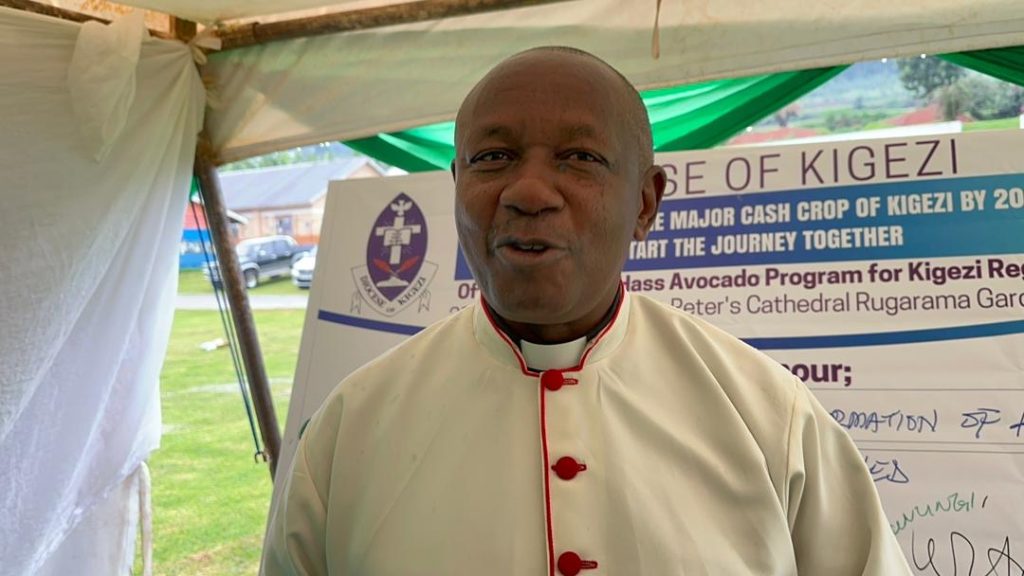
Under the program, the Diocese plans to mobilize households, faith-based institutions, and commercial farmers across Kabale, Kisoro, Kanungu, Rubanda, Rukiga, and Rukungiri districts to plant at least 150,000 seedlings annually, with a goal of one million mature trees by 2035.
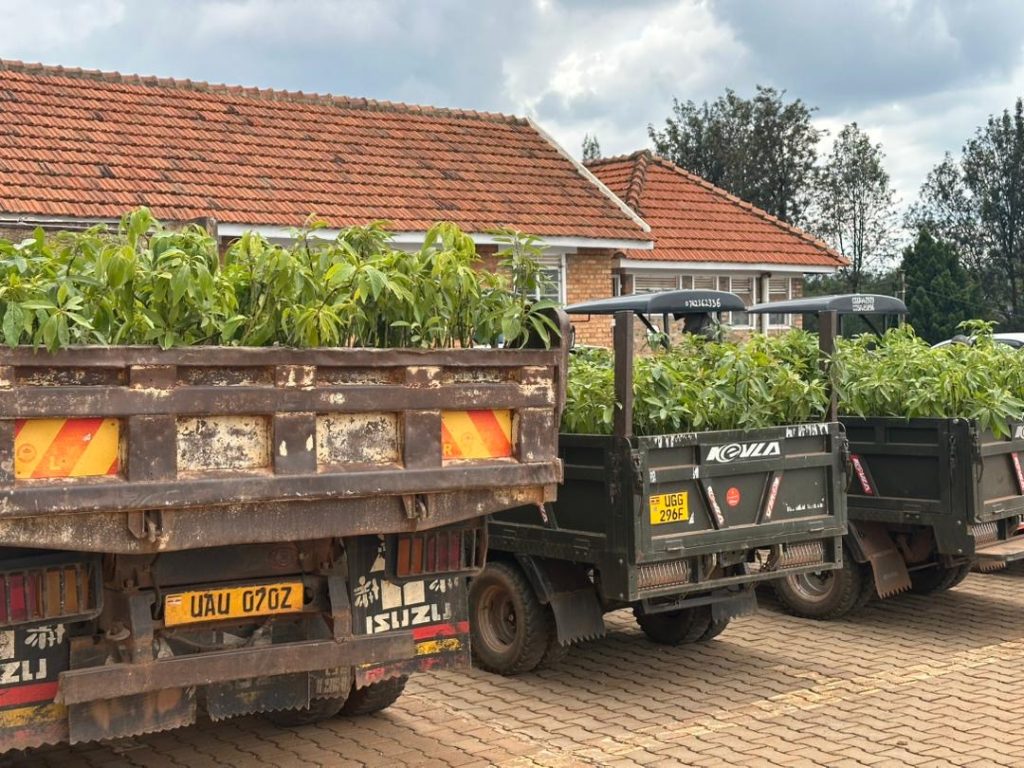
Dr. Rolland Agaba, Director of Research at NARO, said the initiative will transform the Kigezi economy, noting that the region remains one of Uganda’s poorest after Karamoja due to the absence of a cash crop. He explained that a farmer with one acre of 128 Hass avocado trees can earn about UGX 18 million within four years, and between UGX 150 million and UGX 200 million after six to eight years if properly managed.

He described Hass avocado as a high-value, climate-smart crop that supports both economic growth and environmental conservation through soil protection and reforestation.
District officials in the region welcomed the project, praising the Diocese for taking a practical step toward improving livelihoods and promoting agribusiness.
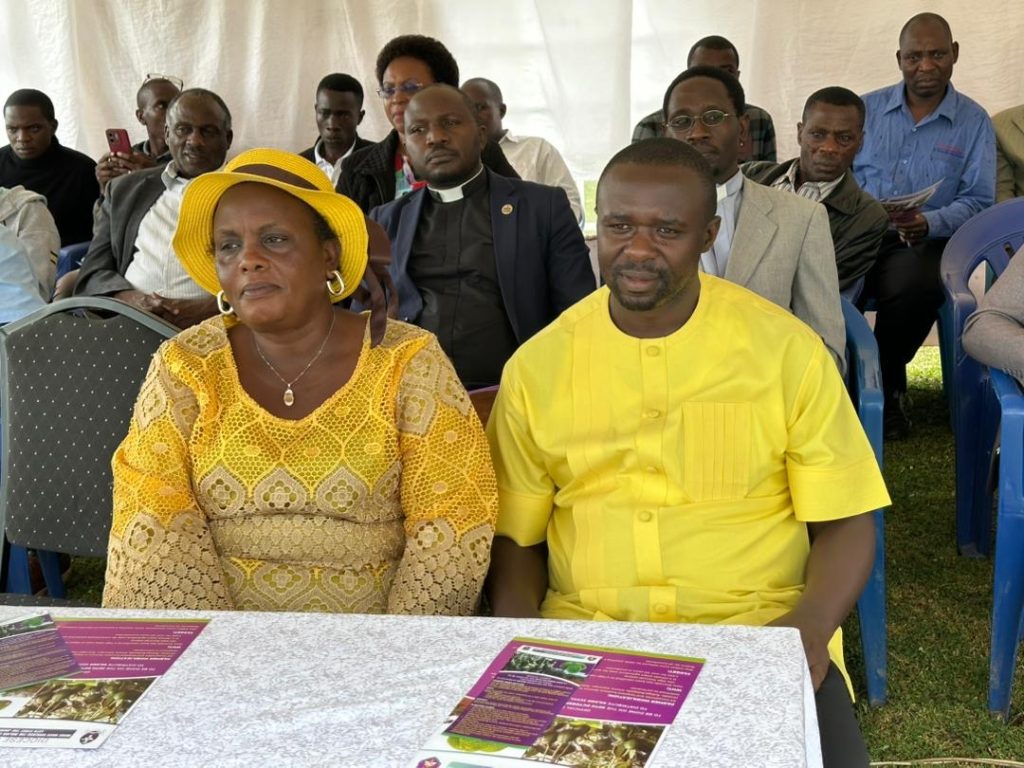
Major General Sabiiti Mutebile, one of the early adopters of Hass avocado farming, applauded the initiative but cautioned about challenges faced by farmers, including fake seedlings and theft of produce. He urged authorities to regulate the sector and protect farmers from exploitation.
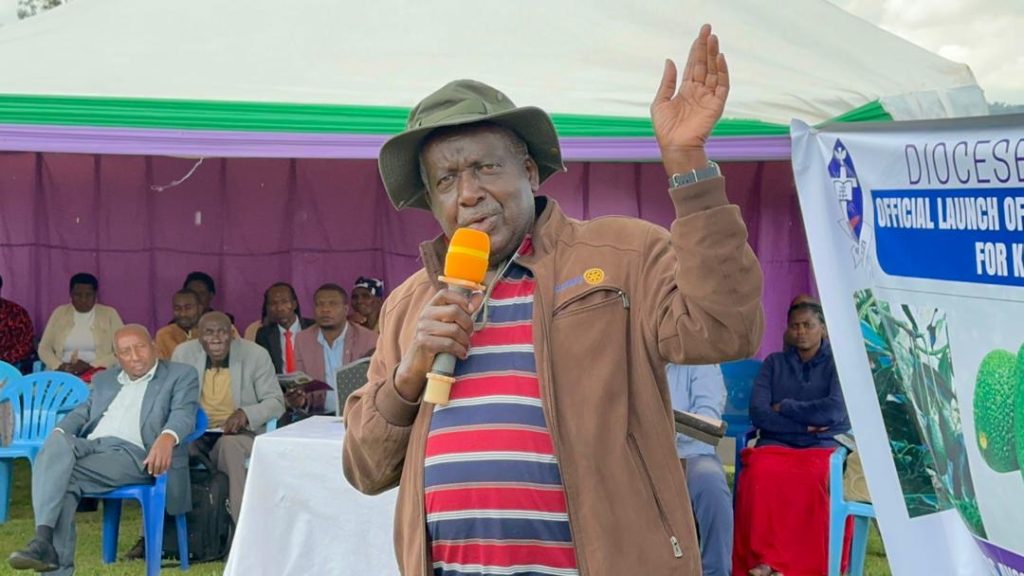
The Diocese pledged to work with local leaders, agricultural experts, and security agencies to ensure the program’s success


